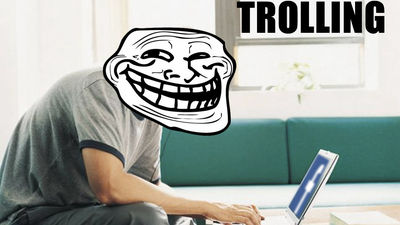Why has the Internet become the worst place to be?

The internet, especially social media, has intensified conflicts between people, and posts exchanged on social media are filled with hate and anger. The mainstream idea is that the cause of this is a '
The Internet is Worse Than Ever – Now What? - YouTube
Algorithms in social networking sites and other sites recommend exactly what users want to see and only display information that agrees with their views.
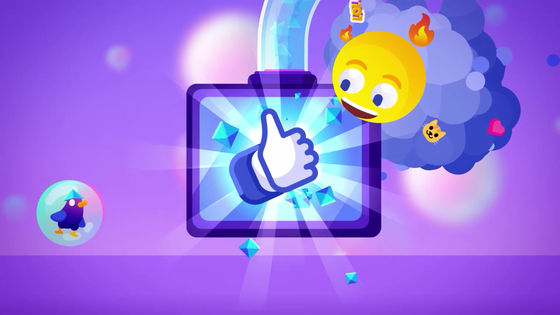
On the other hand, opposing opinions and information are removed.
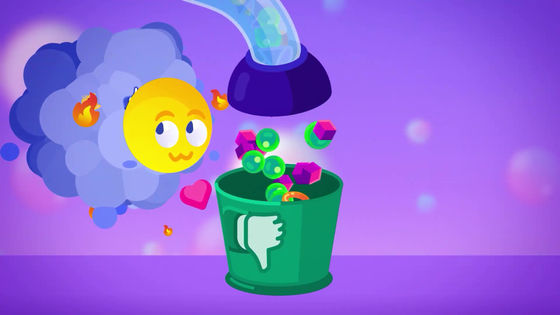
This is a 'filter bubble.'
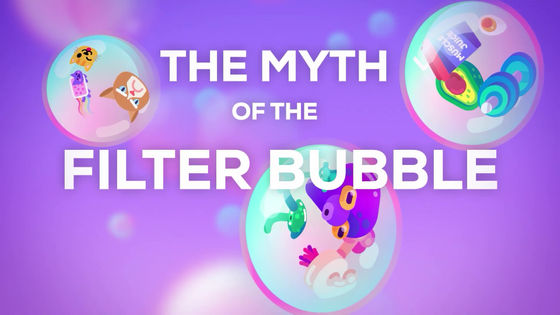
However, studies that looked at what Internet users look at and what they see on search engines found little evidence that people are ideologically isolated.
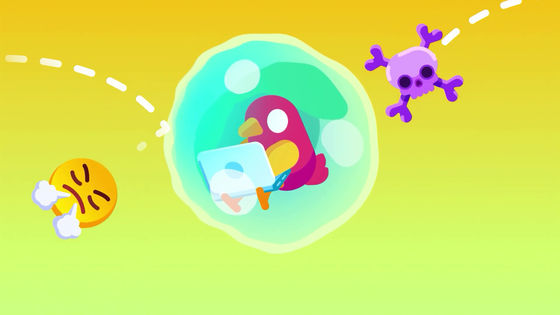
On the contrary, it turns out that Internet users are faced daily with opinions and worldviews that differ from their own.

If you think about it, real life, where you only meet family and friends, is far less diverse than online.
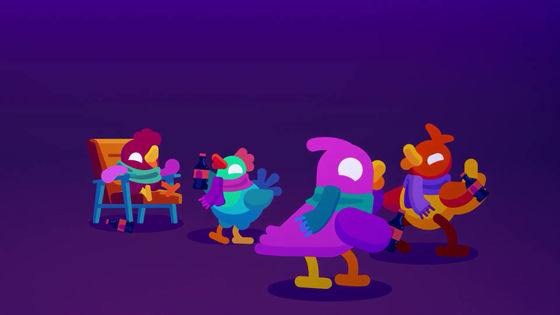
If filter bubbles weren't the cause of conflict, the internet would be a place where people could understand each other better.
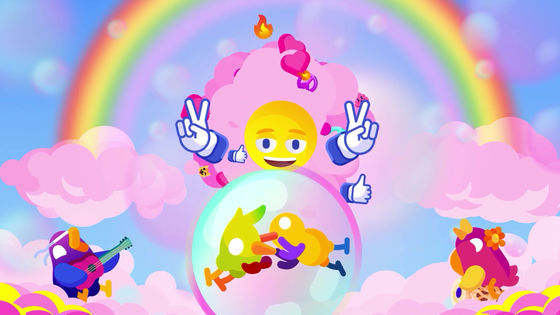
Unfortunately, the human brain is stupid, so this is not the case.
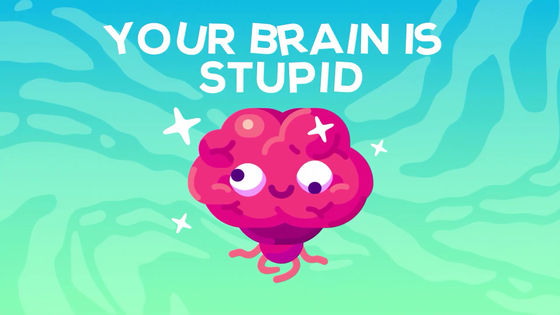
The human brain evolved to survive social life, not to understand essence.
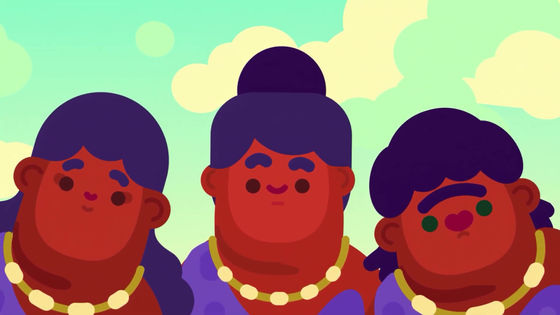
For generations, isolated and divided groups perished because the inability to cooperate with each other was a real threat.
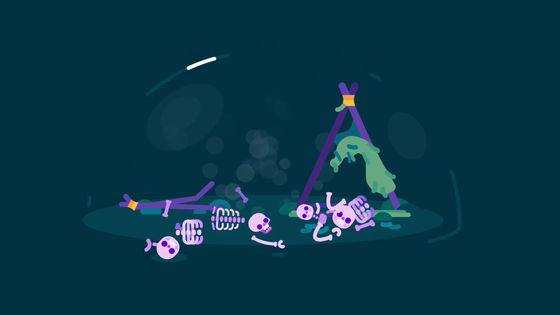
As a result, although people may make fun of the people living in neighboring villages, they have come to get along well with their neighbors who live in the same village.
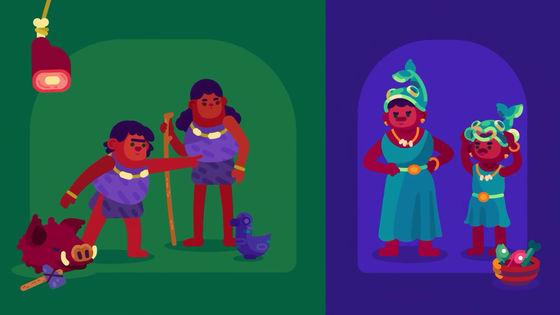
As we spend time physically closer, we find common ground that bridges the gaps in our worldviews, and we stop killing each other. Also, since they belong to the same culture, there are no major differences in worldview between neighbors.
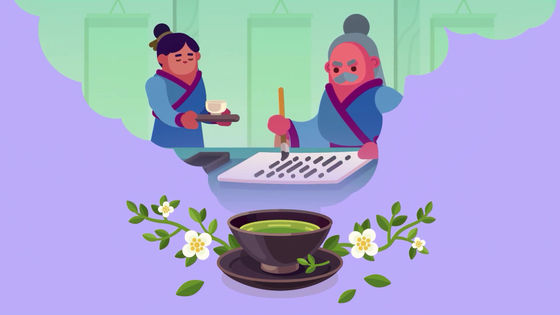
As society has developed, people have had more opportunities to come into contact with neighbors who have different values, but for the most part people have managed to get along just fine.
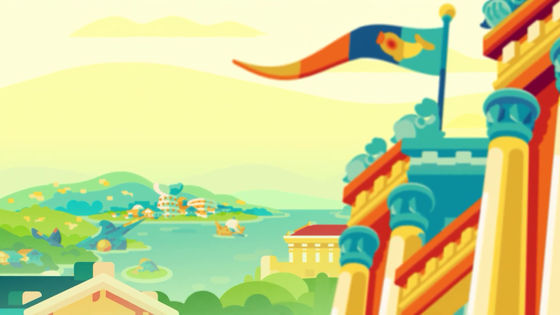
However, with the advent of the Internet, our brains are bombarded with new concepts such as 'social media' and 'digital town squares.'
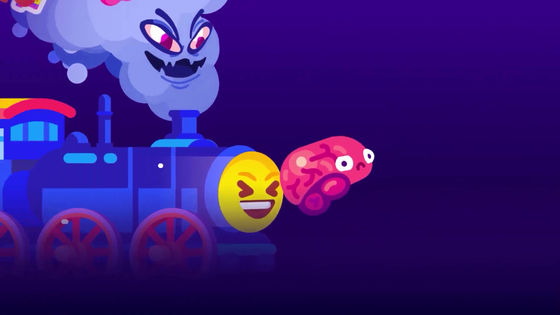
This is how
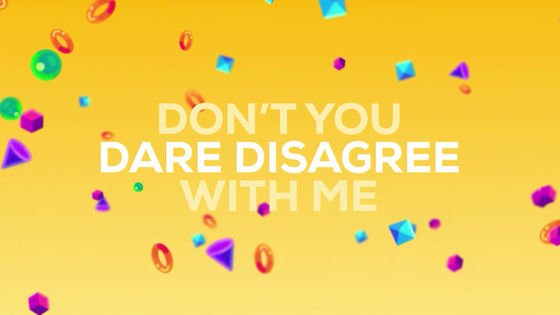
The problem can be summarized as follows: the human brain does not handle disagreements on the Internet very well. This is because the mechanisms for cooperation inherited from our ancestors are holding us back.
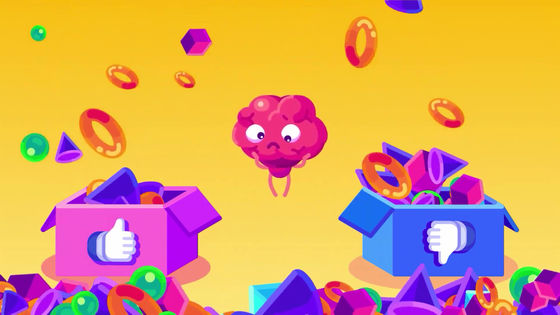
Whether we like it or not, our brains group people according to their worldviews and opinions. This is social sorting.
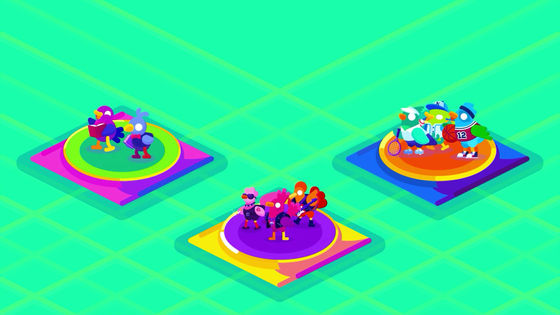
In the ``digital town square,'' a forum for online discussion, we encounter opinions and information based on different values. And unlike their neighbors, these people don't support their local sports teams.
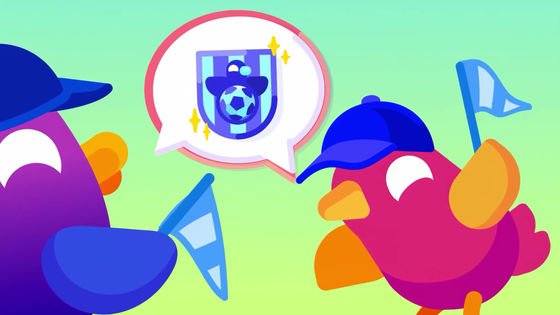
When we can't find the common ground we need to work together, our brains begin to treat disagreements as identity issues.
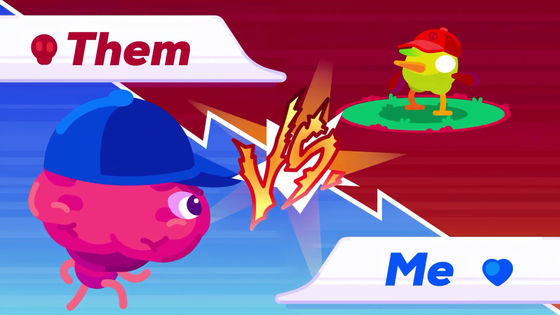
When this happens, you won't trust any of the other person's opinions, and you will believe anything bad that is said about them.
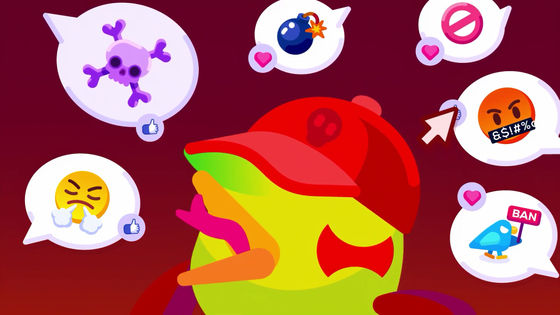
Conversely, you may meet people on the Internet whose worldviews are more similar to those you meet in real life.
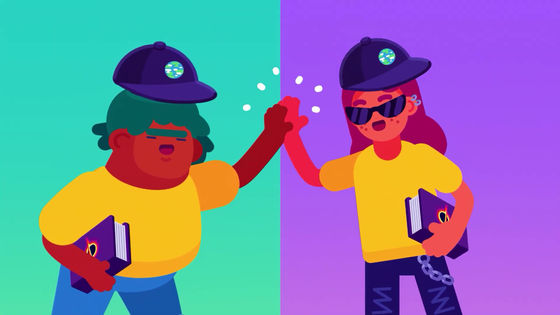
It makes me think that people who think the same way as me must be good people, and the social group I belong to must also be good.
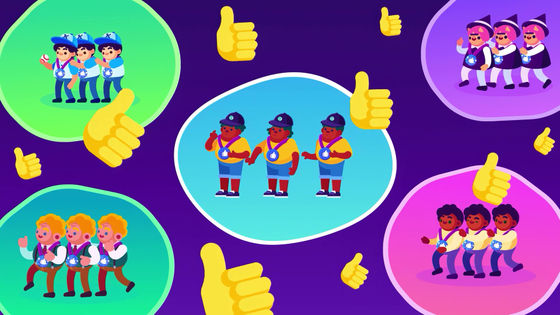
When this happens, you will begin to believe whatever the opinions of people with similar values to you are.
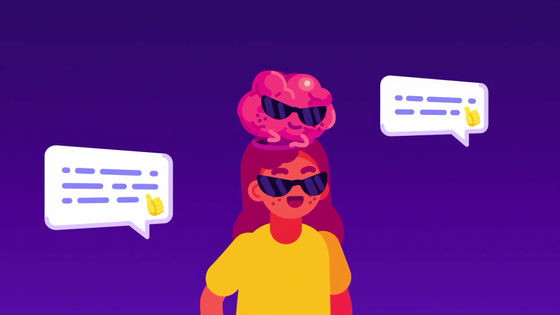
On the other hand, bad reviews of members of the same group are dismissed uncritically.
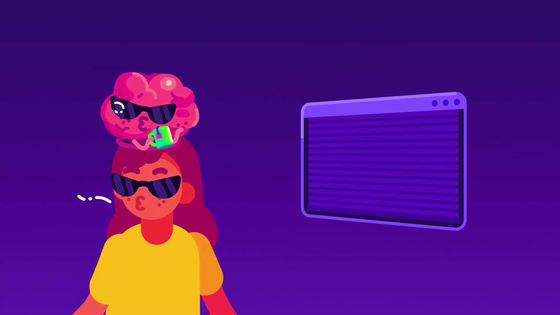
This is further exacerbated by the way social media works to retain as many users as possible. To make matters worse, the most convenient emotion for social media is anger.
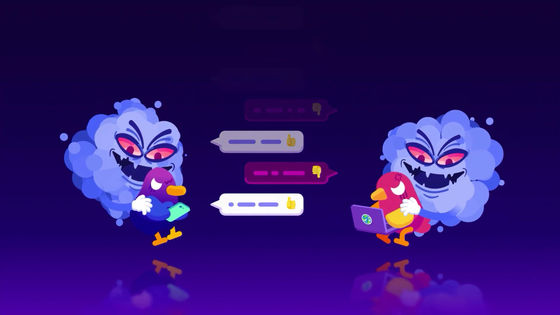
The more angry people are, the more likely they are to engage in discussions and express their opinions.
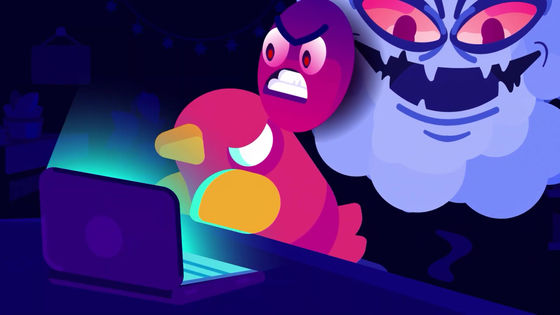
Additionally, social media is optimized to make the worst opinions, not just disagreements, stand out the most.
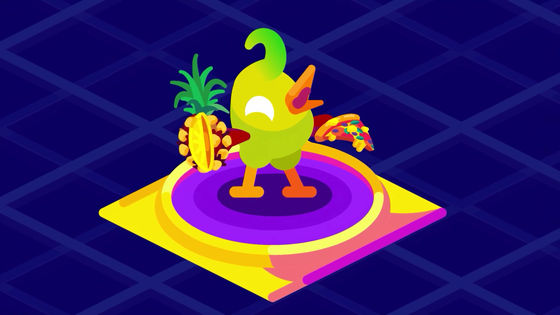
Then, through social sorting, people are divided into groups such as ``those who put pineapple on their pizza,'' and all members are perceived as having the worst opinions.
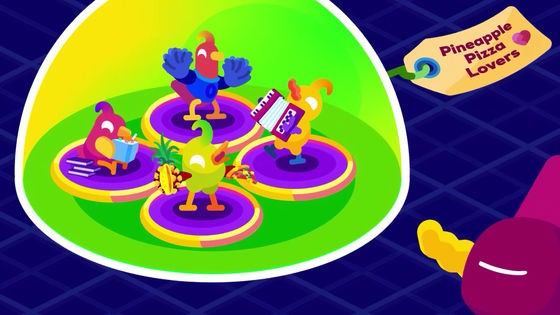
As a result, polarization is accentuated in every aspect of life, including lifestyle, the programs we watch, religion, and fashion sense, and these differences begin to appear as if they constitute conflicting and exclusive identities.
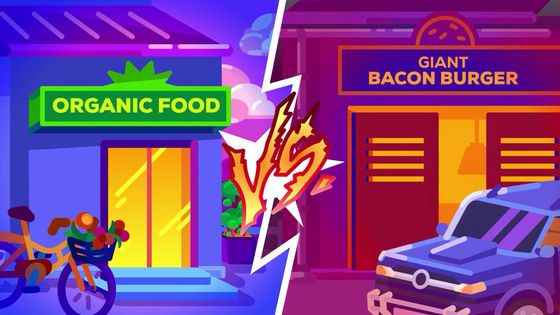
Differences in opinion about how to run society are simplified and distorted into thinking that the other team is actively trying to make society worse.
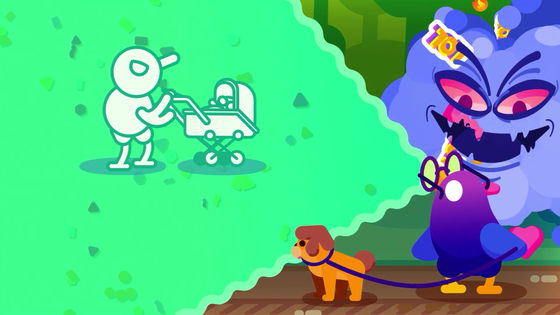
This problem is particularly serious in the United States, where teams are often divided by two major political parties, and conflicts of opinion have reached an unprecedented level.
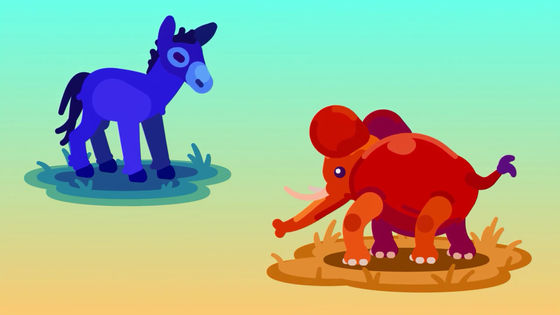
To avoid these harms, it's important to be aware of how social media shows the world to your brain.
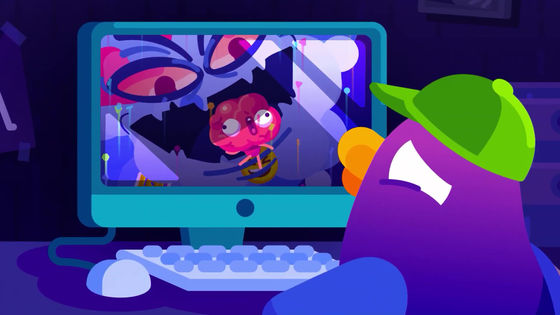
It is also a good idea to look back and see if you are judging opinions based on who said them rather than the content of the opinions.
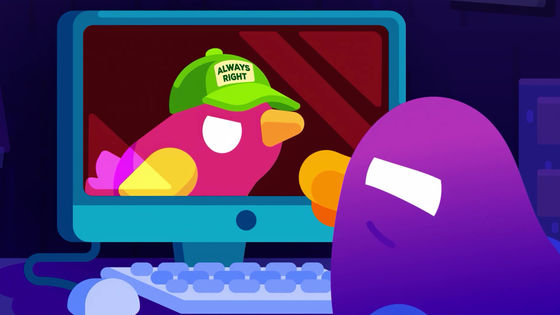
Brain evolution is too slow for technological advances, so we must adapt to new times, just as tribal villages developed into cities and nations.
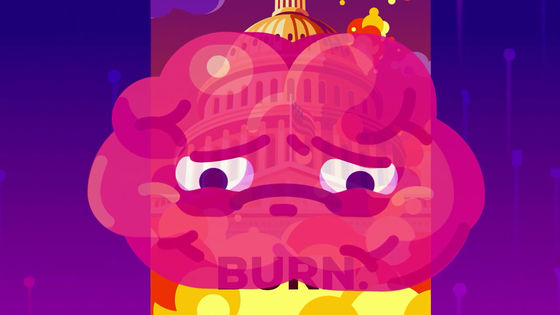
There was a time when the Internet was doing well. For example, in the early days of the Internet, which was dominated by blogs and bulletin boards, there were no algorithms to keep users engaged, so users could turn off their PCs when they were finished.
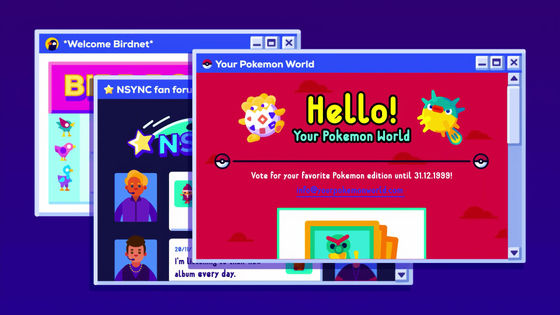
At the time, the Internet community was divided into small villages.
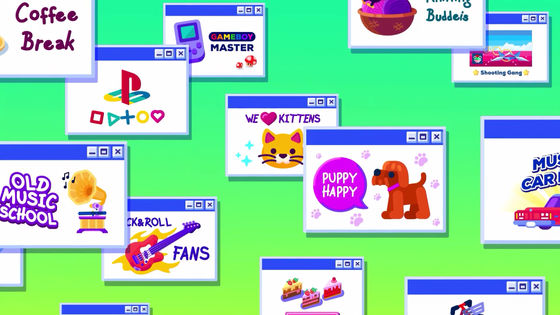
Each community had strict local rules and a unique culture that was only applicable there. However, if you are banned, you can move to another community.
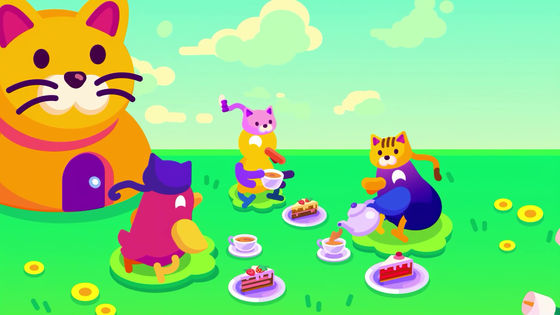
One simple solution may be to return to small online communities.
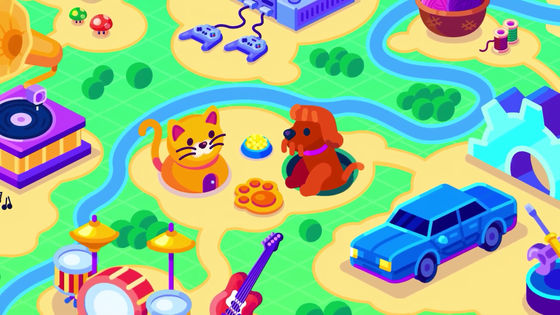
Kurzgesagt says, ``Remember, we're all on the same team, living on Earth, which is moving at breakneck speed through space.'' Until our brains can adapt to this, it's important to stay away from social media for a while, Kurzgesagt says. It might be best to leave,' he concluded.
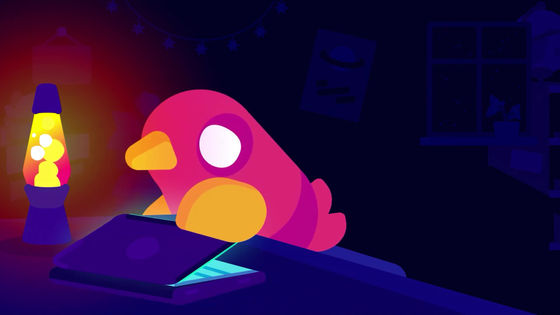
Related Posts:
in Video, Posted by log1l_ks





